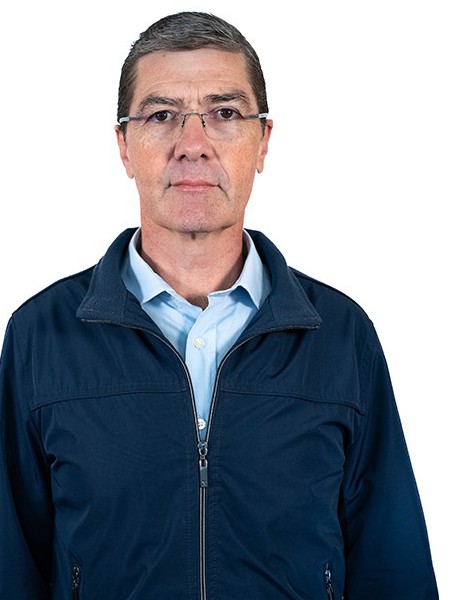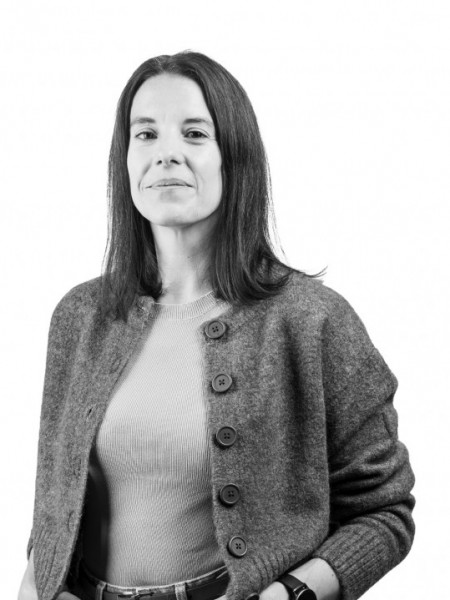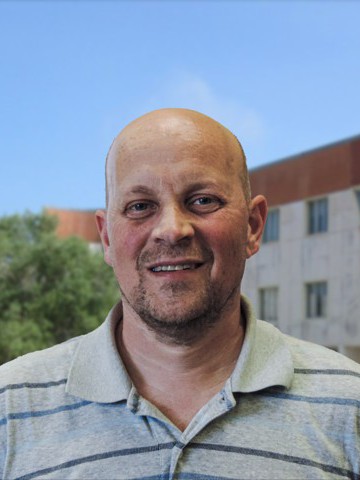resumo
The ability to fabricate materials with ultrathin architectures enables the breakthrough of low-dimensional structures with high surface area that showcase distinctive properties from their bulk counterparts. They are exploited in a wide range of fields, including energy harvesting, catalysis, and biomedicine. Despite such versatility, the fine tuning of the lateral dimensions and geometry of these structures remains challenging. Prepatterned platforms gain significant attention as enabling technologies to process materials with highly controlled shapes and dimensions. Herein, different nanometer-thick particles of various lateral sizes and geometries (e.g., squares, circles, triangles, hexagons) are processed with high precision and definition, taking advantage of the wettability contrast of oleophilic-oleophobic patterned surfaces. Quasi-2D polymeric microparticles with high shape- and size-fidelity can be retrieved as freestanding objects in a single step. These structures show cell-mediated pliability, and their integration in gravity-enforced human adipose-derived stem cell spheroids leads to an enhanced metabolic activity and a modulated secretion of proangiogenic factors.
categoria
Chemistry, Multidisciplinary; Chemistry, Physical; Nanoscience & Nanotechnology; Materials Science, Multidisciplinary; Physics, Applied; Physics, Condensed Matter
autores
Neto, MD; Stoppa, A; Neto, MA; Oliveira, FJ; Gomes, MC; Boccaccini, AR; Levkin, PA; Oliveira, MB; Mano, JF
nossos autores
Grupos
G3 - Materiais EletroquÃmicos, Interfaces e Revestimentos
G5 - Materiais Biomiméticos, Biológicos e Vivos
agradecimentos
This work was financially supported by the European Research Council Grant Agreement No. ERC-2014-ADG-669858 (project ATLAS), by the Programa Operacional Competitividade e InternacionalizacAo, in the component FEDER, and by national funds (OE) through FCT/MCTES, in the scope of the projects TranSphera (PTDC/BTM-ORG/30770/2017). This work was also developed within the scope of the project CICECO-Aveiro Institute of Materials, UIDB/50011/2020 and UIDP/50011/2020, financed by national funds through the FCT/MEC and when appropriate cofinanced by FEDER under the PT2020 Partnership Agreement. Confocal image acquisition was performed in the LiM facility of iBiMED, a node of PPBI (Portuguese Platform of BioImaging): POCI-01-0145-FEDER-022122. M.B.O. knowledges the individual contract CEECIND/03605/2017. Human adipose stem cells (passages between P6 and P8) were isolated from adipose tissue following informed consent and patient anonimization, accordingly to good practice standards. The retrieval and transportation of the samples to the laboratorial facilities was performed under a protocol previously established between the COMPASS research group (University of Aveiro) and the Hospital da Luz (Aveiro, Portugal), which was approved by the hospital Ethical Committee.






